Dytor
✅ Reduces fluid retention
✅ Lowers blood pressure
✅ Treats edema
✅ Improves heart function
✅ Increases urine output
Dytor contains Torasemide.
Product Overview
Dytor is a pharmaceutical product containing Torasemide as its active component. Available in tablet form, each unit contains 100mg of Torasemide. Classified as a loop diuretic, Dytor is clinically prescribed for managing congestive heart failure, hypertension (elevated blood pressure), and edema (fluid accumulation) related to various medical conditions.
Therapeutic Applications
Dytor is principally indicated for treating edema secondary to congestive heart failure, hepatic cirrhosis, and renal disorders. It is also employed in hypertension management when alternative antihypertensive agents prove ineffective or intolerable. The medication promotes diuresis, thereby alleviating fluid overload and reducing blood pressure.
Administration Guidelines
Administer Dytor tablets orally with adequate water intake, typically once daily during morning hours. Consistent timing of administration is crucial for maintaining therapeutic drug levels. Strictly adhere to the prescribed dosage regimen. Tablets should be swallowed whole without crushing or chewing.
Mechanism of Action
Torasemide exerts its pharmacological effect by selectively inhibiting sodium-chloride symporters in the ascending limb of Henle’s loop within renal nephrons. This inhibition enhances urinary excretion of water, sodium, chloride, and associated electrolytes, resulting in reduced extracellular fluid volume and consequent therapeutic benefits for edema and hypertension.
Dosage Protocol
For edema management, initial dosing typically ranges from 5mg to 10mg once daily, with subsequent titration based on clinical response. Hypertension treatment generally commences with 2.5mg to 5mg daily doses. Regular monitoring of electrolyte balance, particularly potassium levels, is essential during therapy.
Therapeutic Advantages
- Effective management of pathological fluid retention
- Significant antihypertensive efficacy
- Symptomatic improvement in cardiac insufficiency
- Convenient single-daily dosing regimen
- Generally favorable safety profile
Adverse Effects
Common adverse reactions may include cephalalgia, vertigo, asthenia, dehydration, electrolyte disturbances (particularly hypokalemia and hypomagnesemia), and polyuria. Persistent or severe symptoms warrant medical consultation. Rare but serious complications may include hypersensitivity reactions or renal impairment.
Precautions
Prior to initiation, disclose any history of renal/hepatic impairment, electrolyte abnormalities, diabetes mellitus, or gout. Exercise caution when transitioning from recumbent to upright positions due to potential orthostatic effects. Alcohol consumption should be avoided during treatment.
Storage Conditions
Maintain Dytor tablets at controlled room temperature, protected from humidity and heat sources. Ensure secure storage away from pediatric and pet access. Discard expired or unused medication following appropriate disposal protocols.
Disclaimer:
The information provided herein is intended for educational purposes only and represents expert-reviewed, evidence-based data. This content does not substitute professional medical advice, diagnosis, or treatment. For comprehensive information regarding potential adverse effects, drug interactions, or specific warnings, consult your healthcare provider. This resource aims to supplement, not replace, the physician-patient relationship. Always seek guidance from qualified medical professionals regarding health conditions and therapeutic regimens.
| Strength | 100 mg |
|---|---|
| Quantity | 10 Tablet/s, 30 Tablet/s, 60 Tablet/s, 90 Tablet/s, 180 Tablet/s |









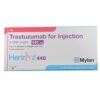
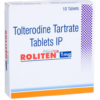
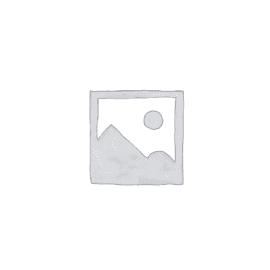
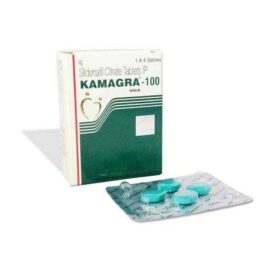
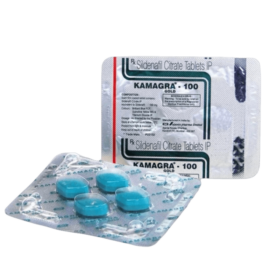
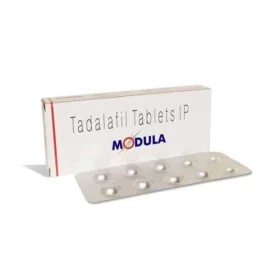
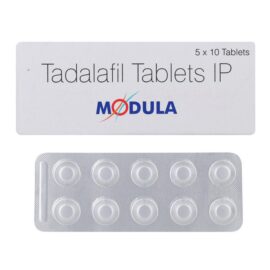
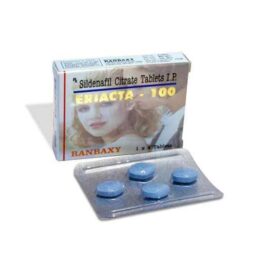

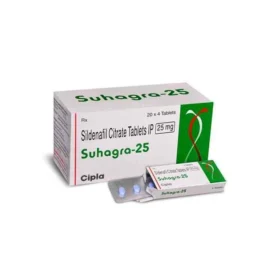
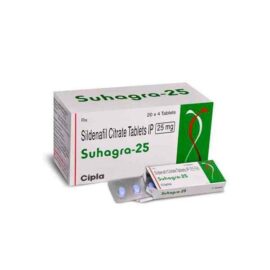
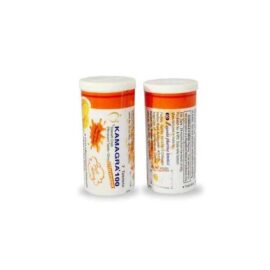
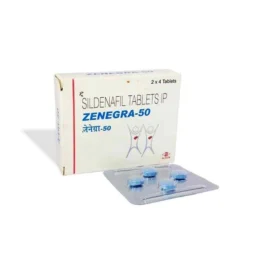
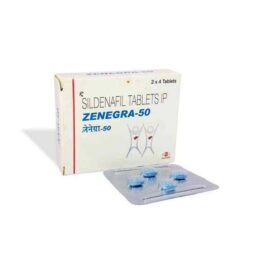
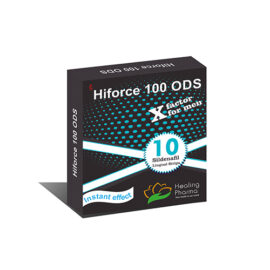

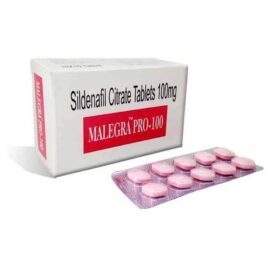
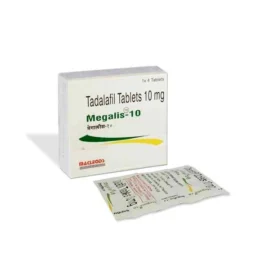
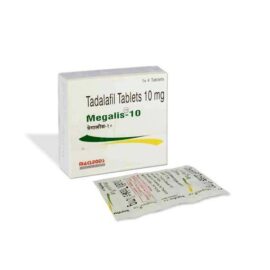
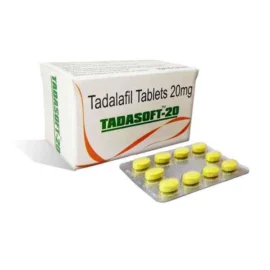
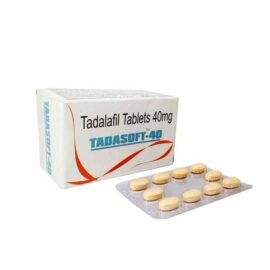
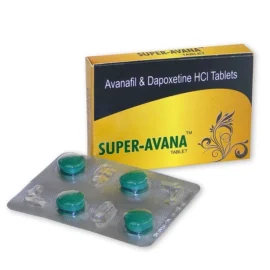

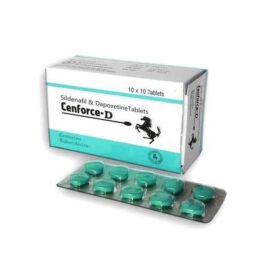
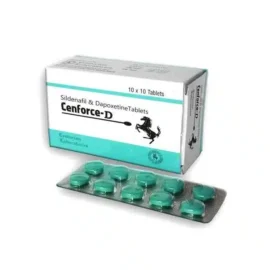
Reviews
There are no reviews yet